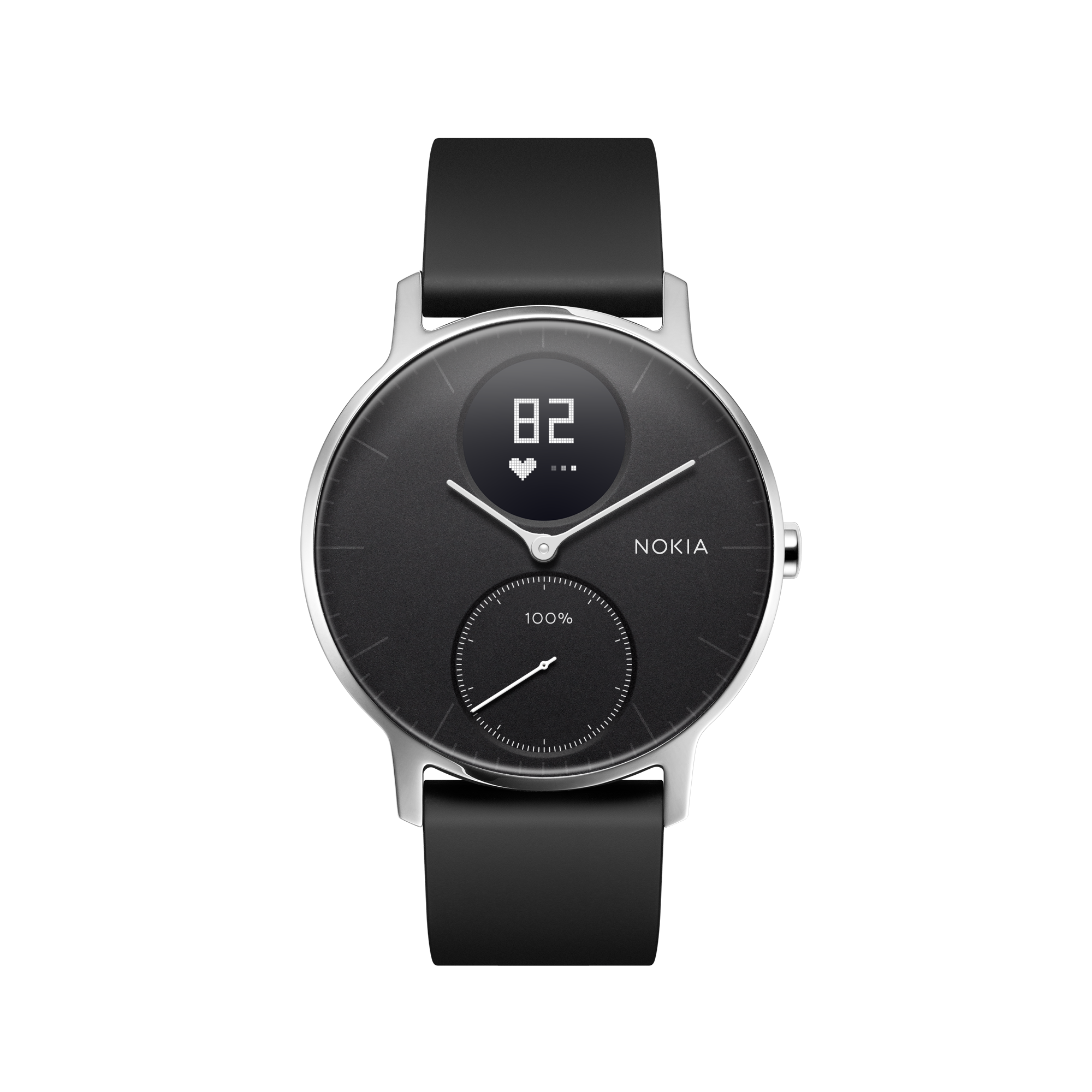
When the most stressful times of year arrive, we may find ourselves mindlessly reaching for the chips and cookies for some temporary relief. But regularly turning to food to cope can have a negative impact on your health, weight, and happiness. Read on to discover how to keep your emotions in check and your healthy eating plan on track.
If treating yourself to one peanut butter cup turns into scarfing down the entire bag in one sitting, you may be feeding your feelings, not your body. According to Helpguide.org, a collaboration with Harvard Health Publications, “Emotional eating or stress eating is using food to make yourself feel better—eating to fill emotional needs, rather than to fill your stomach.” Key signs that you might be an emotional eater include: eating when you’re stressed, upset, or bored, eating when you’re already full, and using food as a reward system. If you think you might be an emotional eater, here are a few tips to help you find healthier coping alternatives.
1. Take notes
Before you can overcome your emotional eating habits, you have to first identify what they are. One way to do this is by keeping a food journal. Write down what you ate, when you ate it, and why. Psychology Today explains, “When keeping your diet journal, make a note of your mood each time you eat. This will allow you to identify episodes of emotional eating.” In other words, ask yourself if you ate because your stomach was growling or because you were anxious about a presentation at work? Once you identify patterns—like which foods you gravitate towards and when you want them most—you can start taking preventative measures to keep your vices in check.
2. Be mindful
Unlike other unhealthy ways of coping with stress, eating is not something you can cut out of your life. Instead, focus on changing your relationship with food, and appreciating its power to nourish you. When it’s time for a meal, feed your body primarily for sustenance, but don’t forget to find enjoyment while eating as well. Harvard Health Publications suggests the following “starter kit” for practicing mindful eating: First, set a timer to 20 minutes and use all of that time to “eat a normal-sized meal.” When you begin to eat, don’t take large bites. Cut your food into small pieces, and chew it thoroughly. If you find that you’re having trouble slowing down, “try eating with your non-dominant hand,” or “use chopsticks.” Spend five of your twenty minutes eating silently. Think about where your food came from and the journey it’s taken to reach your plate. And finally, before you put anything in your mouth, ask yourself, “Am I really hungry?”
3. Let the cravings pass
It can be extremely difficult to resist cravings, especially when they’re closely linked to feelings, but sometimes if you resist long enough they will pass. Helpguide.org says that “if you can take a moment to pause and reflect when you’re hit with a craving, you give yourself the opportunity to make a different decision.” For example, if you want to eat because you are bored, find an activity—such as reading, watching a movie, or going for a walk—to keep yourself occupied. If you want to eat because you’re stressed out about homework, dig into those assignments instead. Not only will you avoid the unhealthy behavior, you’ll also get your work done faster and eliminate the source of negative emotions. Psychology Today explains that “if you experience fear without doing anything to escape it, it will go away,” so inversely, “by using food to escape from bad feelings, you will never discover that you can tolerate bad feelings.”
4. Learn to respect yourself and your feelings
Because emotional eating usually originates from a sense of powerlessness, it can be self-perpetuating. For example, overeating might make you feel guilty, badly about your body, or upset at a perceived lack of willpower, so you eat more to cope with those feelings. Then you feel badly again, and the cycle continues. If you do feel ashamed of your body or actions, don’t let those emotions get the better of you. Instead, acknowledge and experience them without burying them in food. Helpguide.org acknowledges that this can sound scary or downright impossible, but that “when we don’t obsess over or suppress our emotions, even the most painful and difficult feelings subside relatively quickly and lose their power to control our attention.” And when you do have a bad day and revert to emotional eating, don’t let the guilt pull you back into a bad cycle. Forgive yourself, and move forward.
Changing your eating habits can be a slow and often frustrating process, but even if you veer off of the path every now and then, don’t give up. It’s never too late to make a U-turn.



